Who owns Antarctica?
Continent threatened by global warming and exploitation of natural resources
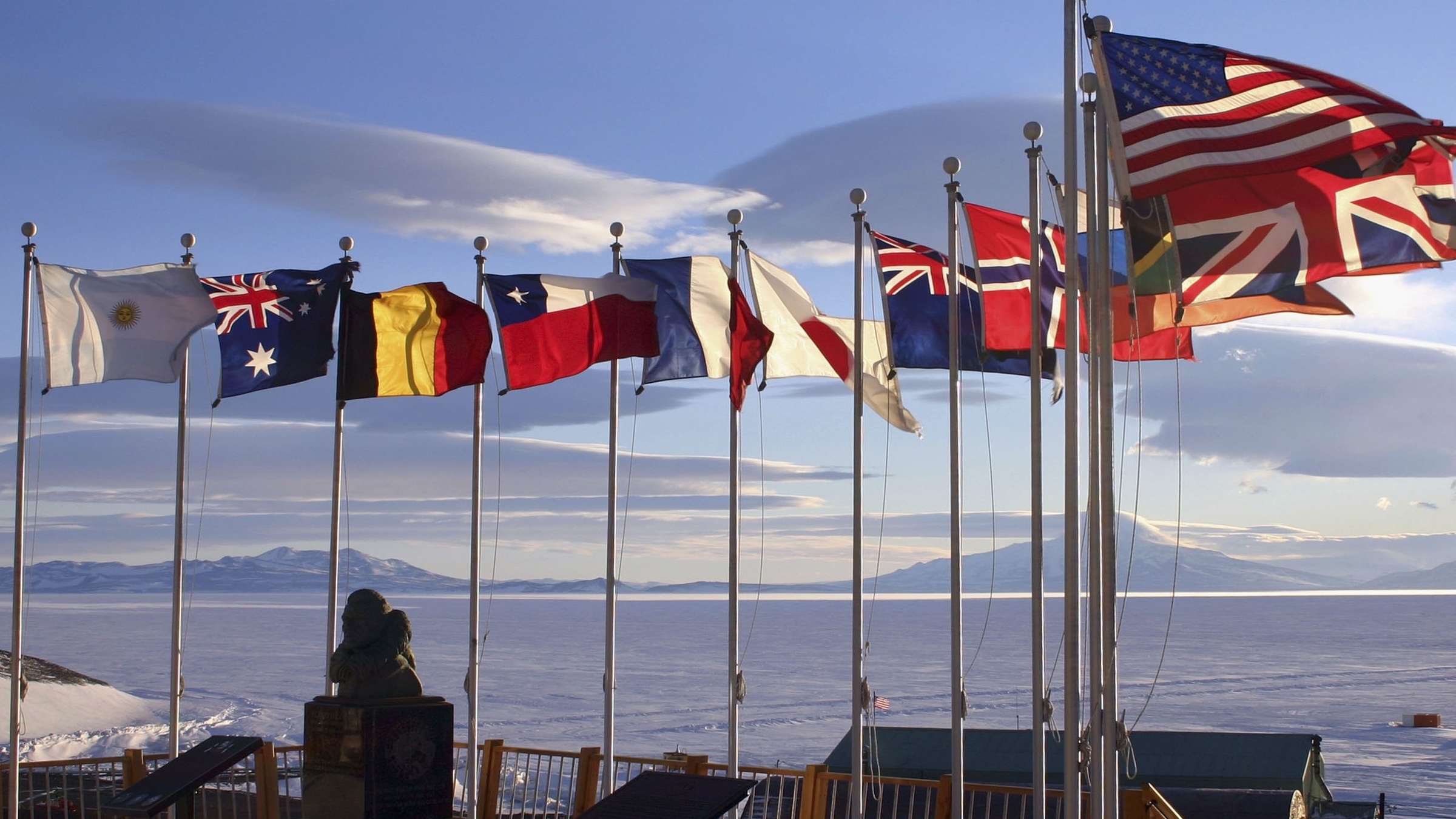
A free daily email with the biggest news stories of the day – and the best features from TheWeek.com
You are now subscribed
Your newsletter sign-up was successful
The climate crisis is threatening Antarctica’s status as the last great wilderness - and with it, a Cold War-era treaty on how the region is governed, according to a leading expert.
Klaus Dodds, a professor of geopolitics at Royal Holloway, University of London, says that Earth’s southernmost continent faces a growing danger from fishing and mining as its ice melts and the global population swells.
Speaking to Sky News to mark the 200th anniversary of Antarctica’s discovery, Dodds said: “If Antarctica continues to change thanks to things like climate change, will that also lead to a shift in the way that we think of Antarctica? Does Antarctica stop being so exceptional?”
The Week
Escape your echo chamber. Get the facts behind the news, plus analysis from multiple perspectives.

Sign up for The Week's Free Newsletters
From our morning news briefing to a weekly Good News Newsletter, get the best of The Week delivered directly to your inbox.
From our morning news briefing to a weekly Good News Newsletter, get the best of The Week delivered directly to your inbox.
Who owns Antarctica?
As the Financial Times reports, “Antarctica is a continent with no government”.
Instead, the Earth’s coldest, driest and windiest continent is governed from a “drab, ten-person office” in Argentina’s capital capital, Buenos Aires, that houses the Secretariat of the Antarctic Treaty. This organisation is responsible for communications between the 53 countries that together run Antarctica under the Antarctic Treaty.
The treaty “was signed at the height of the Cold War” in order to “put aside territorial claims made by the UK, France, Norway, Argentina, Chile, Australia and New Zealand, and designated the continent as a place of ‘peace and science’”, says Sky News.
A free daily email with the biggest news stories of the day – and the best features from TheWeek.com
According to the broadcaster, 30 of the signatory countries have established a total of 82 research bases across Antarctica.
These countries include China, which views the continent as a site of strategic importance and is now investing heavily in missions there as part of a push to become a “polar great power”, says the FT.
–––––––––––––––––––––––––––––––For a round-up of the most important stories from around the world - and a concise, refreshing and balanced take on the week’s news agenda - try The Week magazine. Start your trial subscription today –––––––––––––––––––––––––––––––
Will the treaty survive?
“Scientists and diplomats are growing concerned that the existing system will be unable to respond to the new pressures” facing the region, the FT reports.
The issue of what happens when a country violates the treaty rules remains largely unaddressed, yet both Chile and Argentina have made territorial claims in Antarctica that overlap with those of the UK, according the Sky News. The two South American nations are even reported to have sent pregnant women to their bases to give birth to bolster their claims.
The treaty is facing a further threat from tensions over “the military presence at some bases and lack of high-quality science at others”, the broadcaster adds.
British academic Dodds says that “science has always been a proxy for geopolitics”, adding: “People assumed in the 1950s that Antarctica would be isolated from the rest of the world, that it would be a sort of natural laboratory for science and good governance.
“Actually, as we go into the 2020s we’re going to see that Antarctica is ever more exposed to these broader geopolitical, economic and cultural currents that make it hard to continue with the old business model.”
Disputes over minerals, such as zinc, iron and uranium, could arise, while the exploitation of seals and whales is already an issue, he says.
The head of the UK Foreign Office’s polar regions department, Jane Rumble, says that keeping science at the heart of the international agreement is vital to its survival.
“We’re not complacent or naive that the treaty is the best thing ever,” Rumble told Sky News. “But the evidence shows that most states feel that they’re better off cooperating within the treaty to understand Antarctica and have a say in how it’s governed than trying to go alone.”
-
 The environmental cost of GLP-1s
The environmental cost of GLP-1sThe explainer Producing the drugs is a dirty process
-
 Greenland’s capital becomes ground zero for the country’s diplomatic straits
Greenland’s capital becomes ground zero for the country’s diplomatic straitsIN THE SPOTLIGHT A flurry of new consular activity in Nuuk shows how important Greenland has become to Europeans’ anxiety about American imperialism
-
 ‘This is something that happens all too often’
‘This is something that happens all too often’Instant Opinion Opinion, comment and editorials of the day
-
 The Week Unwrapped: Korean succession, terror by algorithm and German disquiet
The Week Unwrapped: Korean succession, terror by algorithm and German disquietpodcast Could a 10-year-old girl rule North Korea? Will an Isis victim upend web law? And why is Germany upset with its Oscars contender?
-
 The Week Unwrapped: Chinese chips, the Pope in Africa and podcasting
The Week Unwrapped: Chinese chips, the Pope in Africa and podcastingpodcast Is China losing the microchip war? What is the Vatican doing in South Sudan? And has the podcast tide turned?
-
 The Week Unwrapped: Sex and health, the Earth’s core and another new year
The Week Unwrapped: Sex and health, the Earth’s core and another new yearpodcast Is the NHS failing British women? What’s going on at the centre of our planet? And what’s in a date?
-
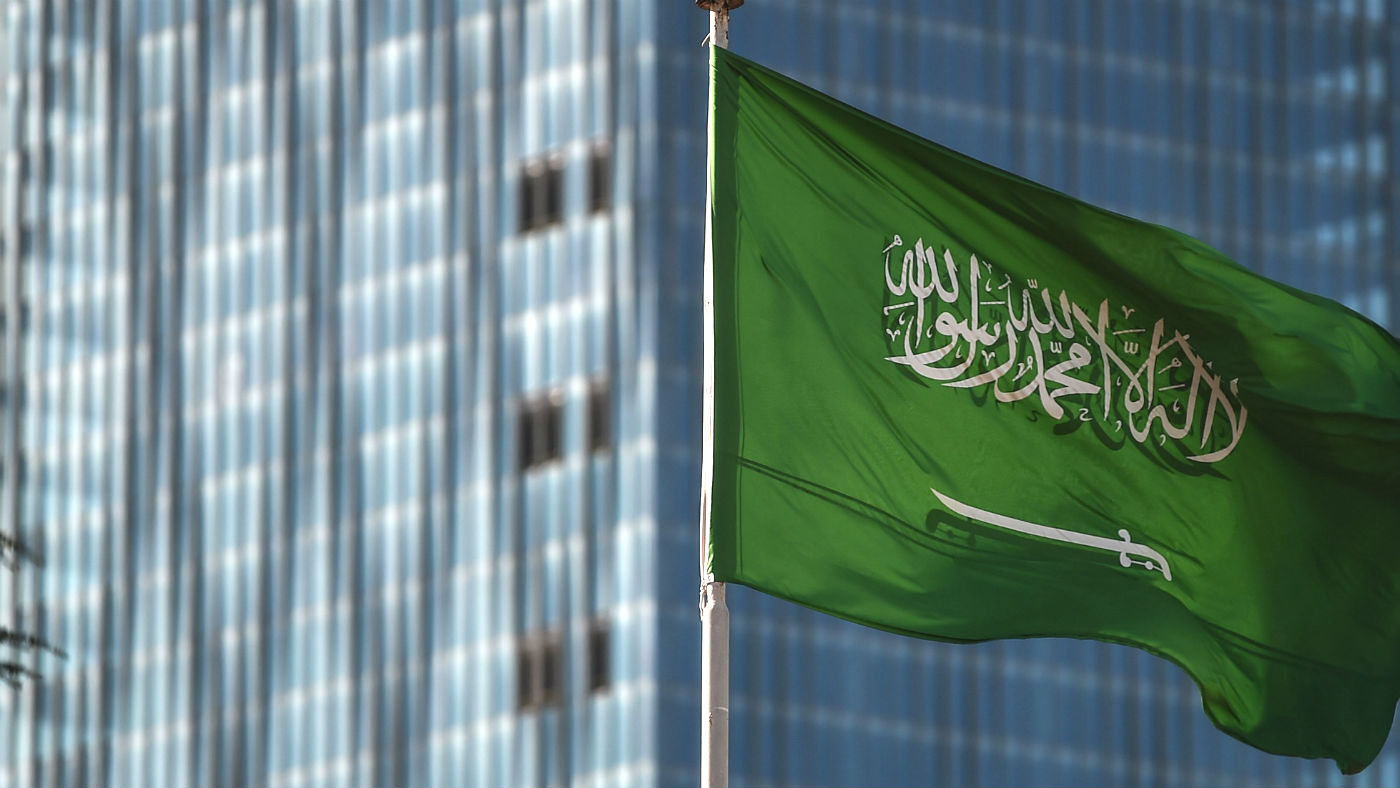 The Week Unwrapped: Antisocial Saudis, hormone therapy and retro tech
The Week Unwrapped: Antisocial Saudis, hormone therapy and retro techpodcast Why is Saudi Arabia investing in – and banning – social networks? Will new research make life easier for trans women? And is the future of technology dumb?
-
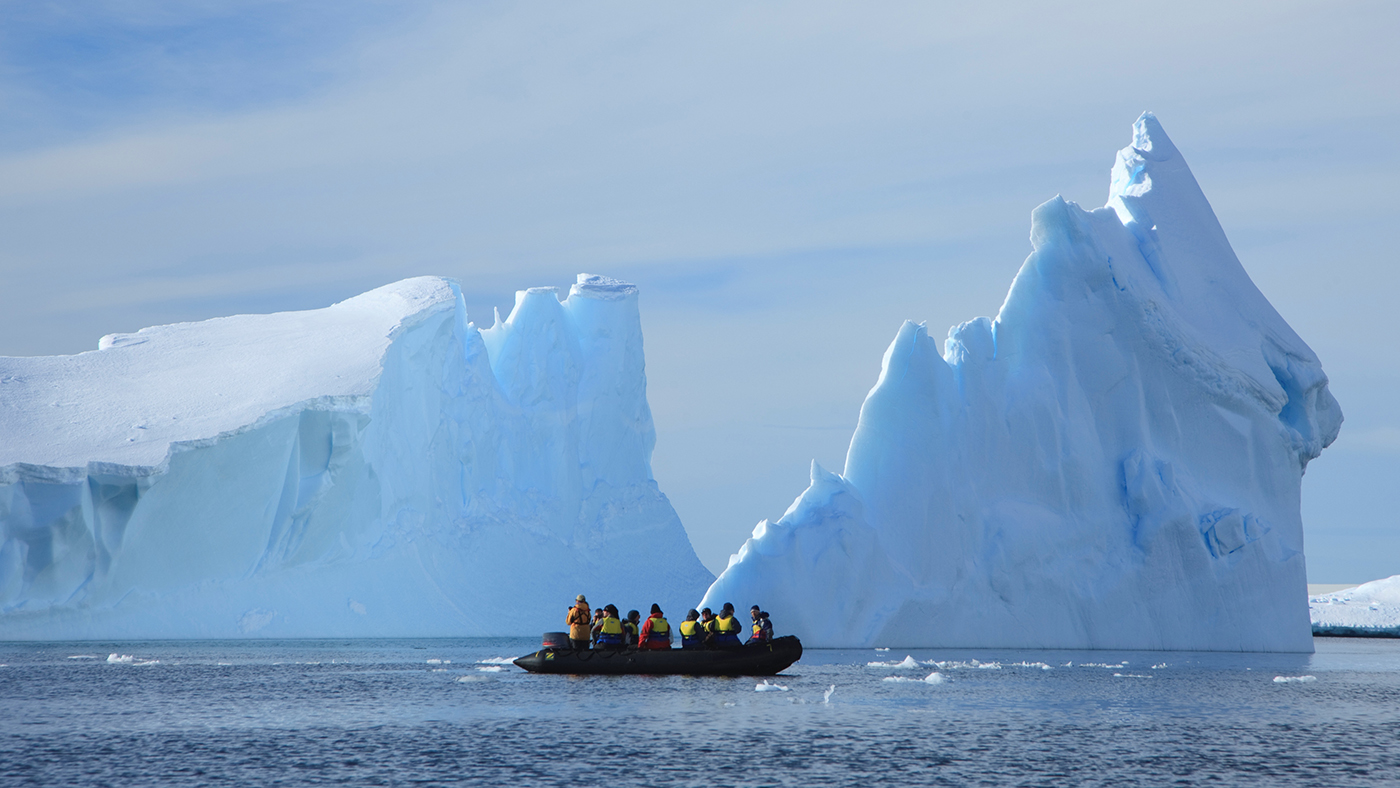 Why humans haven’t evolved to cope with cold northern climates
Why humans haven’t evolved to cope with cold northern climatesfeature Intricate cultural solutions to the challenges of life have seen humans thrive in every part of the globe
-
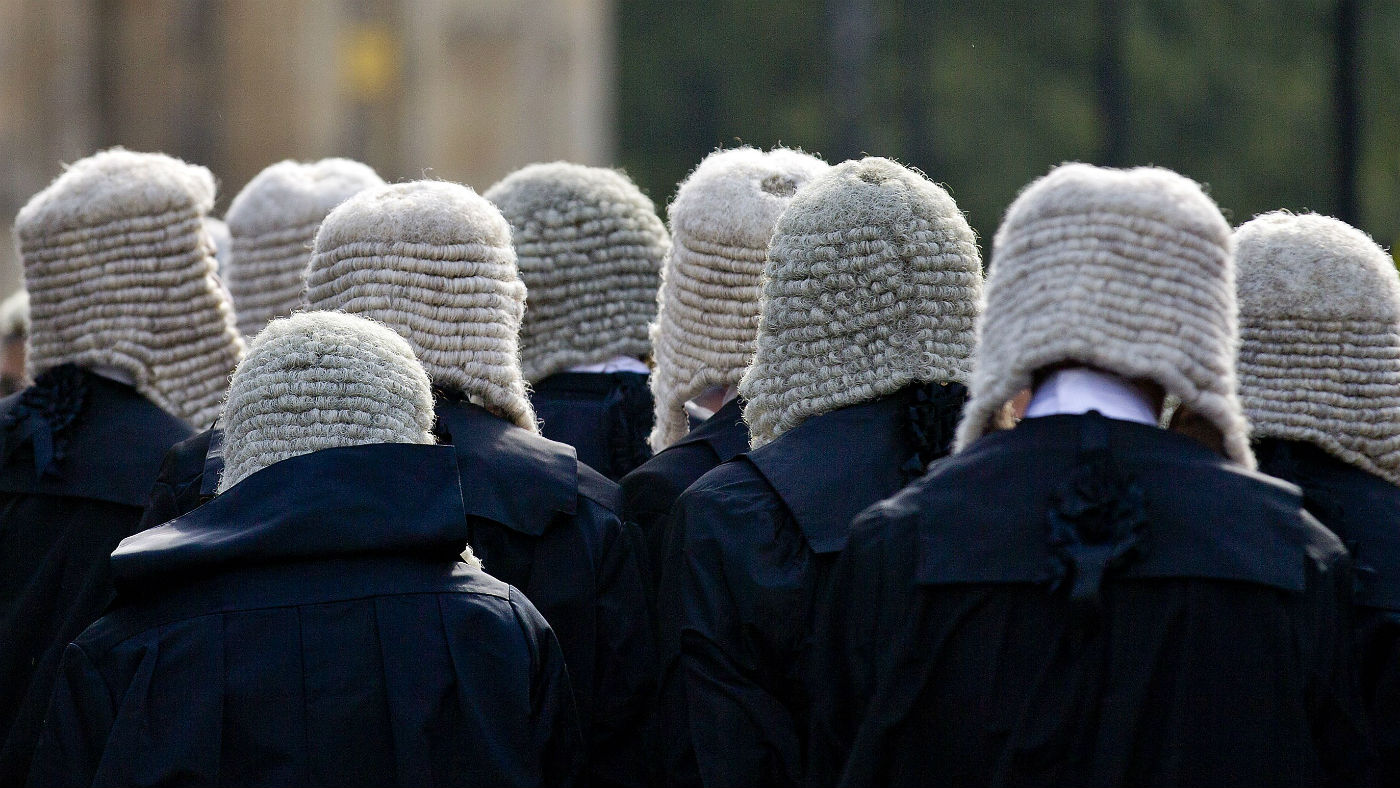 The Week Unwrapped: AI in court, Germans in Taiwan and ghostwriters
The Week Unwrapped: AI in court, Germans in Taiwan and ghostwriterspodcast Could artificial intelligence replace lawyers? What does Taiwan want from Germany? And are ghostwriters becoming less ghostly?
-
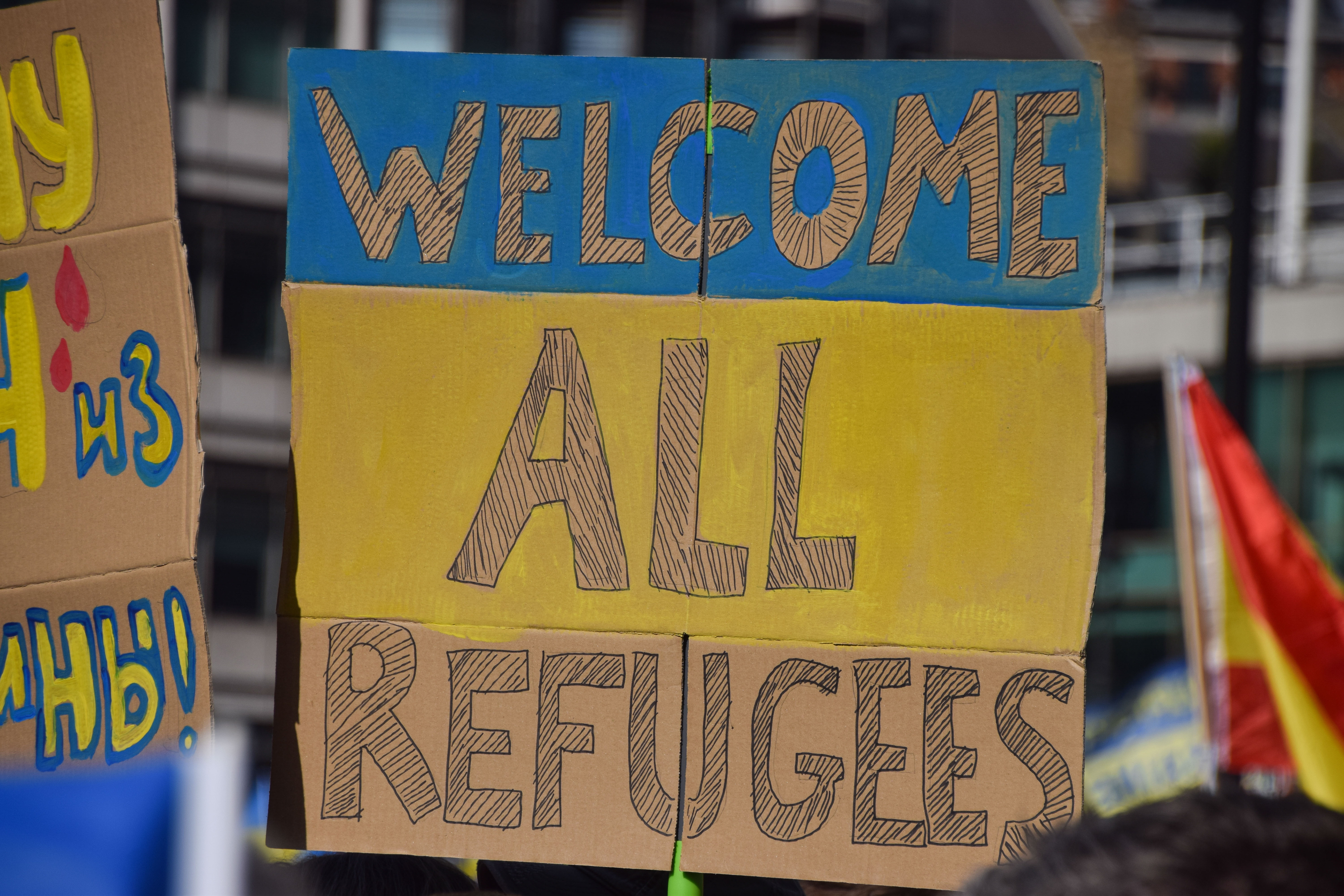 The Year Unwrapped: White refugees, Aegean islands and celebrity gossip
The Year Unwrapped: White refugees, Aegean islands and celebrity gossippodcast Was 2022 the year of the white refugees? What’s really going on in the Aegean sea? And why are we so obsessed with showbiz scandals?
-
 The Week Unwrapped: Tracking apps, BTS and stay-at-home girlfriends
The Week Unwrapped: Tracking apps, BTS and stay-at-home girlfriendspodcast Does China’s U-turn mark the end of Covid-tracking apps? Has South Korean pop passed its peak? And are we really seeing the rise of the stay-at-home girlfriend?